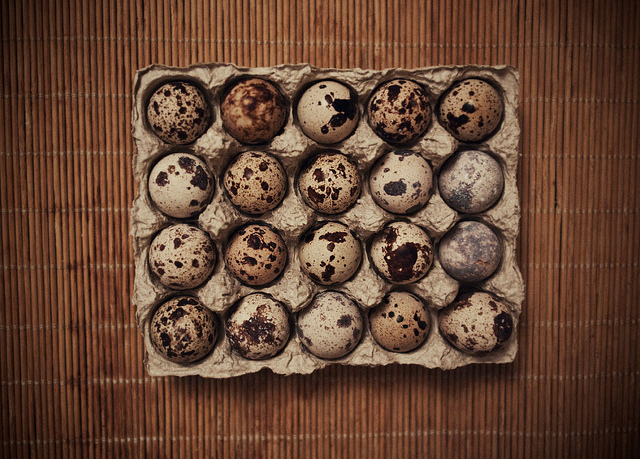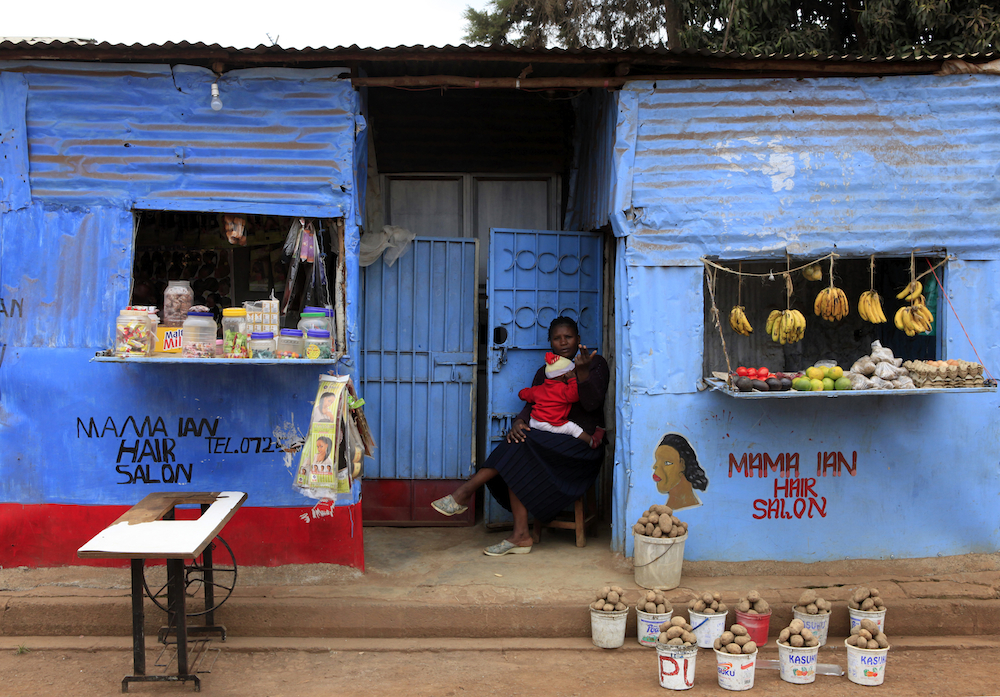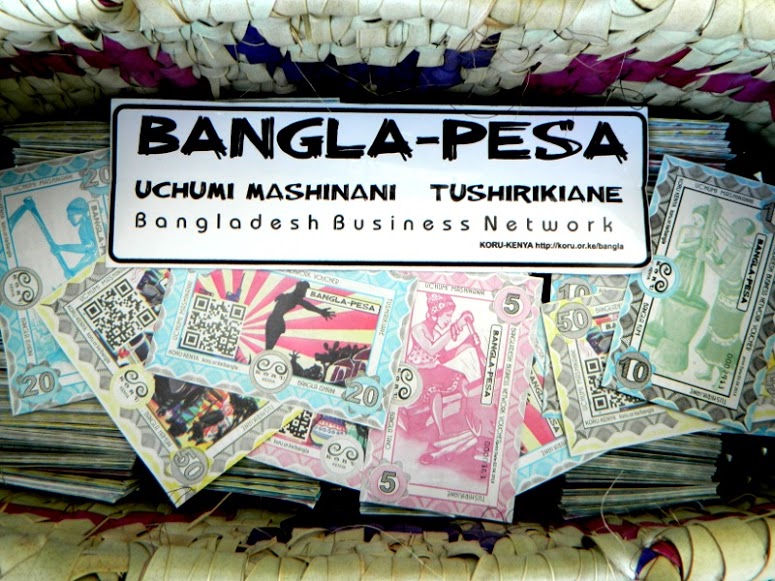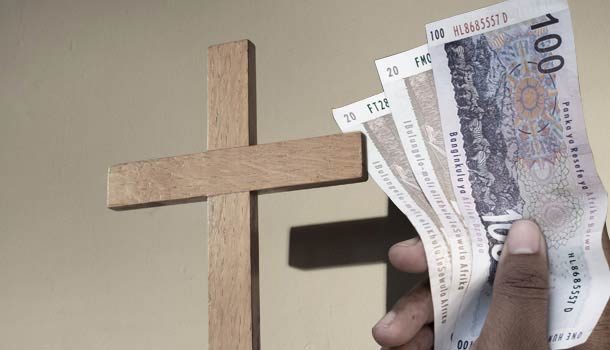While Kenyans went about their daily lives, a flock of birds, hidden in plain view, fluttered onto our dinner plates and captured a nation’s imagination.
Social media pundits describe them as a pyramid scheme. Skeptics sneer at this idea. Locals in the markets, at chama meetings and around their dinner tables never tire of discussing them. You see, these little wild things are at the epicentre of a health revolution in this nyama choma country. They should be. We Kenyans take ourselves too seriously and build too many castles in the air to notice nature’s solutions all around us. This time it has come in the form of a bird the size of a small fist.
A helping of two quail eggs a day is said to be the answer to multiple problems. One of its benefits is a rather well-known secret on the streets. Every witchdoctor’s cut-and-paste poster that hug school walls, lamp posts and every nook available, emphasises an endemic problem. “We cure male weaknesses!” is their tagline. Well, a simple quail’s egg is said to improve blood circulation as it strengthens the heart muscles, increasing the male libido and stamina. Packed with protein and low in carbohydrates and fat, a quail egg is not only considered a superfood, but an aphrodisiac too. Don’t overdo it though. A poor chap from Nairobi’s Komarock suburb gulped – on a friend’s advice – 30 raw quail eggs during a sleep-over at his girlfriend’s house. He woke up on the other side of town where people rest in peace.

Like everyone else, we dread poverty and aspire to the good life. We have to. The ugly face of poverty tends to relentlessly peep into our living room windows, its ugly grin announcing the fate that awaits anyone who slips. From local politicians, office workers, informal workers, public administrators, and even the jobless, every Kenyan is a hustler. The broke sod in the pub has to run errands, wash cars and wipe tables to earn just a cigarette or drinks.
Now quail farming is the new side hustle. It has attracted thousands of would-be entrepreneurs who have been bitten by the famous ‘wildebeest migration’ bug. Here’s how it works: One person tells his friends that his half-acre strawberry farm brings in a million bob every three months. The next thing you know, his friends have taken up strawberry farming and it becomes the in thing.
A quail farmer was featured in the local newspaper last year. His quail business was minting a fortune and incurring negligible expenses. You see, a quail bird is low-maintenance: it gobbles 20 grams of feed a day, unlike a chicken that consumes 120 grams. Within a few weeks, there were small banners on shop fronts, walls, and, street light pillars proclaiming the magical powers of this brown-freckled bird. Enterprising Kenyans quickly did their research and sent off their applications to the Kenya Wildlife Service to become… quail farmers.
Quail farming is a million-shilling business with the promise of boosting many incomes in a country where the masses are constantly chasing the elusive shilling. To qualify to be a quail farmer, one completes an application form from the Kenya Wildlife Service (KWS), a government agency in charge of the country’s wildlife. Their officers then come around to inspect the cages for housing the birds. They need to be kept in a warm and dry place in well-ventilated cages that are far from modern pollutants. After their applications have been approved, farmers pay a fee of R150. Permit holders are also subject to impromptu inspections and any violations of the permit’s conditions can result in the licence being revoked. Last year the government handed out more than 5 000 licences, and thousands more are still pending.
The opportunities are boundless if one can capture the still young Kenyan market. However, KWS say the market is becoming saturated, so many farmers are now eyeing the more lucrative Chinese market. There are over 172 000 Google search results about quails from Kenya. The quail farming business has also taken off online – you can now purchase chicks or eggs from a number of sources.
In December 2013, a single tiny quail egg was retailing at slightly more than a dollar in Kenya. Considering a chicken egg costs 8 US cents, quail farmers were making a killing. A day-old quail chick was retailing at an average of R45. The problem with the wildebeest migration bug is that now the lucrative quail market is flooded by too many entrepreneurs and we are experiencing a glut. Like a gift from the skies, now the common man can enjoy the benefits of this bird which was previously only affordable to the middle class. Now, you can purchase a day-old chick for R15 while a quail egg costs between R2 and R3.
The gist of the matter is that this quail business is not only about money. As any health and nutrition buff will tell you, natural food is best! Lately our country is experiencing a surge in lifestyle diseases as western corporates scramble to satiate our rising appetite for junk food. The rich AND poor are dying in droves from cancer, diabetes, hypertension and heart-related ailments. Our government has actually banned the importing and selling of GMO food products.
The reality is that cheap processed food is available everywhere, and is easier on the pocket, but the Kenyan middle-class is awakening to the fact that money is not true wealth, health is. Going green and eating healthy is the new rave. And consuming quail meat and eggs promises a plethora of health benefits. It’s said to be a detoxifying agent, an immune booster and stress reliever. It helps with digestive tract disorders, stomach ulcers, anemia, tuberculosis, heart problems, bronchial illnesses and diabetes. It can alleviate migraines and give you healthier hair, while keeping hypertension, digestive disturbance, gastric ulcer, liver problems and blood pressure under control. A quail egg a day may indeed keep the doctor away.
With all these ‘super natural’ powers, I suggest government should fund two quail eggs a day for each child in public school instead of wrestling with a costly laptop project that’s way beyond their depth. The quail phenomenon is a healthy socio-political, economic, and spiritual answer to Kenyans’ problems. Right now, I’m off to have my own dish of fried aluru (quail) accompanied by wild vegetable herbs and brown ugali (a cake made from corn).
Munene Kilongi is a freelance writer and videographer based in Nairobi.







